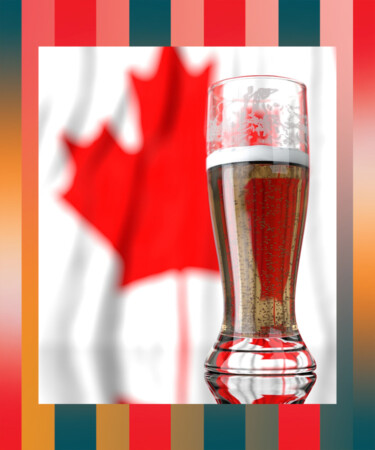For the first time in a decade, Canada’s beer and wine sales decreased — indicating a possible cultural shift in the country’s drinking habits.
Canada’s total alcohol sales decreased by 1.2 percent year-over-year in 2022, according to a Feb. 28 article by the BBC. Wine sales by volume decreased a drastic 4 percent last year — the largest dip since 1949, based on a new report by data platform Statistics Canada. Even though beer remains the top-consumed alcoholic beverage in the country, its sales have dropped a notable 8.8 percent in the past decade.
While the volume of alcohol sold in 2022 decreased, sales value rose by 2.4 percent due to inflated prices. The country recorded a total of $26.1 billion Canadian dollars ($19.2 billion) in sales during the fiscal year that ended in March 2022.
Alternatively, ciders and wine coolers rose in popularity. Sales by volume were up 5 percent — the most significant increase across categories. Sales by dollar value in this category also increased 13.5 percent from 2021 to 2022.
This drastic downward trend comes just as the Canadian Centre on Substance Use and Addiction issued new guidelines on alcohol usage last month. The new health recommendations outline zero alcohol consumption as the best practice, stating that individuals should only consume a maximum of two standard drinks a week.
Previous guidelines from the country, shared in 2011, recommended a weekly maximum of nine drinks for women and 15 drinks for men, according to the BBC. Due to the drastic shift in guidance, some health professionals describe the new recommendations as “shocking.”
